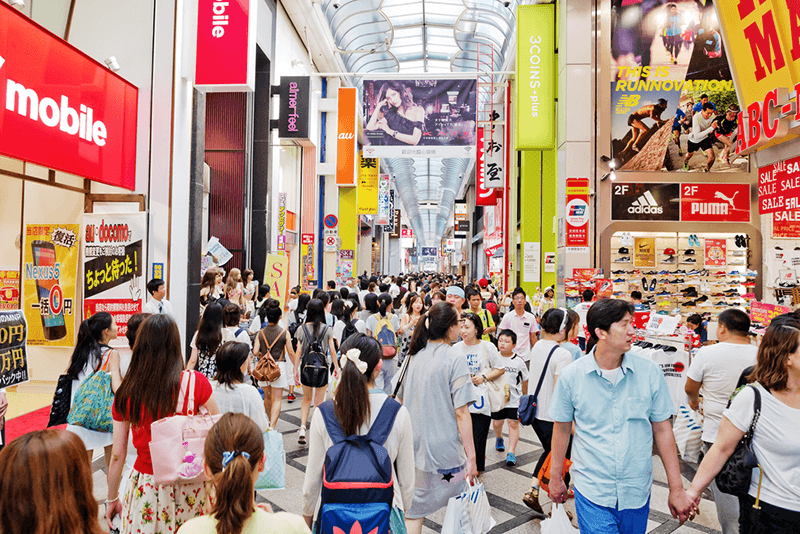When the Liberal Democratic Party (LDP) and Prime Minister Shinzo Abe turned a long-discussed bill into law on December 15, 2016, it ushered in a new era in Japan’s betting history – one that is potentially worth billions. With a 17-year discussion concluded and casinos given the green light, optimism among government officials is high. However, with a few years yet to wait while everything is put in place and public resistance is overcome, there is now time to think about the potential repercussions of the new policy.
Obvious and Not So Obvious Effects
The obvious winner is the online casino industry in Japan and, less obviously, the wider gaming community. Although it’s still some way behind established iGaming markets such as the UK, the Japanese market is growing. Part of this growth is thanks to the current popularity of gaming. Gaming industry analyst Newzoo calculated that video gaming in Japan is worth $12.5 billion in 2017. With games taking on a more realistic tone and live streaming becoming an integral part of the industry, it’s easy to see why Japanese love to play live dealer casino games. By fusing HD streams with computer game overlays and traditional casino action, operators have managed to create a new experience. This is an experience that has resonated with online casino players and, as we move towards the development of brick and mortar locations in Japan, it could gain even more popularity.
One thing that is important to keep in mind is that the new regulations come with a host of caveats. One of them is that international developers will have to partner with local companies to supply a complete entertainment experience. Instead of brands such as Wynn Resorts, Las Vegas Sands and Crown simply coming in, taking over and setting up a casino, the government wants more. Any deal must be made between a variety of companies, and casino games won’t be the only things on the menu. What’s more, only select regions will be chosen to host the new casino complexes – Osaka and Yokohama are currently the front runners for the first developments, and gaming operators must also partner with local governments to create a proposal that will then be reviewed at a national level. Because of this, the cost of entry for any operator is likely to be extremely high. However, with the brokerage CLSA suggesting that the market could be worth up to $25 billion annually, the benefits appear to outweigh the potential costs.

Image via Shutterstock
What’s Good for Developers Could be Good for Japan
When it comes to the benefits of these costs, the operators and companies involved in the casino related businesses will clearly do well. However, there could also be a positive knock-on effect, as tax revenue from the industry will help offset the government’s projected $12.6 billion spend on the 2020 Olympics. And, the new casinos will help the government meet its target of attracting 60 million annual visitors by 2030. Although proposals haven’t been finalized, and may not be complete until 2018, the government has proposed restrictions on the number of locals that can ante up. This, in turn, would leave the door open for international casino players to visit the new venues, thereby boosting the economy. In practical terms, the rise of Japan’s new casinos is going to take a while. Even though the legislation was eventually pushed through with haste, the next stages will require a lot more planning. However, once the doors of the new casinos finally open, you can bet that rapid business growth and a boost to the economy within a short period of time is in the cards.










